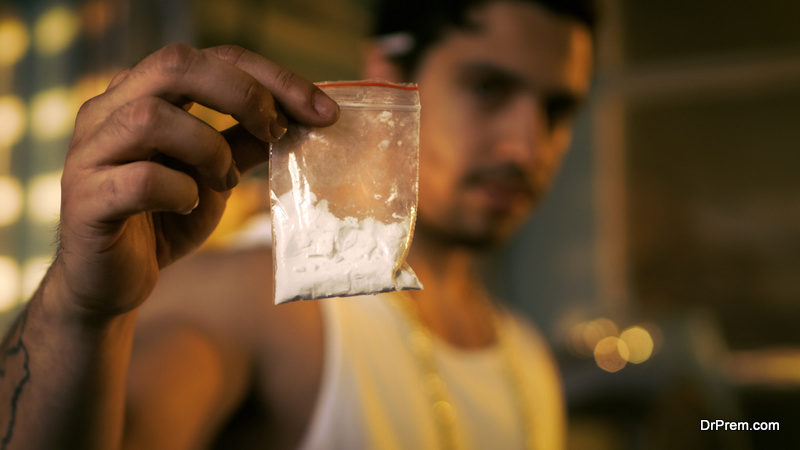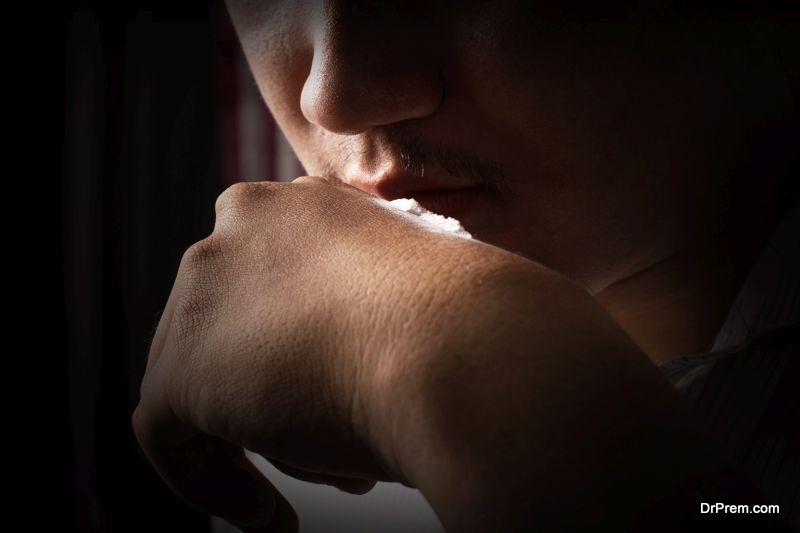With millions of Americans battling drug abuse and thousands of rehab facilities available, recovering from addiction can be both complicated and convenient. There are several steps an addict must take before entering rehab – from admitting they have a problem to choosing a facility. But once you’ve reached the point of entering a recovery program, it means preparing yourself both mentally and physically for the journey ahead. This article will offer tips and advice for having a successful rehab experience and coming out on the other side — a healthier, happier version of yourself.
Know What to Bring and Leave Behind
 Although you’re not packing for a vacation, understanding what items to bring and what to leave behind can be the difference between a successful and rewarding rehab experience and a difficult one. There are certain things that aren’t permitted in rehab. Things like cell phones (or any other device that have internet access), mouthwash containing alcohol, inappropriate clothing, and certain medications are on the list. Each rehab facility is different, so be sure to check beforehand. What you can (and should) bring are comfortable clothing, a list of contact information for loved ones and friends, a journal, and an open mind. Rehab is about treating the whole person (more on this later). Your experience will only be as successful as you let it. The resources and help are at your disposal. You just need to take advantage of them. Understanding the power of positive thinking can help with this.
Although you’re not packing for a vacation, understanding what items to bring and what to leave behind can be the difference between a successful and rewarding rehab experience and a difficult one. There are certain things that aren’t permitted in rehab. Things like cell phones (or any other device that have internet access), mouthwash containing alcohol, inappropriate clothing, and certain medications are on the list. Each rehab facility is different, so be sure to check beforehand. What you can (and should) bring are comfortable clothing, a list of contact information for loved ones and friends, a journal, and an open mind. Rehab is about treating the whole person (more on this later). Your experience will only be as successful as you let it. The resources and help are at your disposal. You just need to take advantage of them. Understanding the power of positive thinking can help with this.
Treat the Whole Person
Studies show that there’s a clear line between addiction and underlying causes. Things like poverty, domestic violence, trauma, and a poor upbringing all increase a person’s risk for addiction. If you’re suffering from either alcohol or drug addiction, there’s likely a reason. Identifying and treating the root cause of your addiction should be a part of your recovery process. Why? Because those underlying circumstances will still be there once you’re clean and sober. And if they drove you to using illegal substances once, there’s a high probability it will happen again. Most rehab facilities offer therapists and professionals trained in treating the whole person. Some facilities specialize in specific types of addiction. Rehab facilities like Chateau Recovery offer individualized programs that improve your chances for a successful recovery.
Consider Withdrawal Symptoms and Treatment
 No one said recovering from addiction was easy. Aside from the mental challenge of accepting you have a problem and choosing to make a change, you must consider the physical struggles of drug withdrawal. Many rehab facilities offer specialized care during the patient detox process. There are certain medications and drugs used to help addicts better handle symptoms associated with drug and alcohol withdrawal. Understanding the potential side effects will better prepare you for the journey ahead.
No one said recovering from addiction was easy. Aside from the mental challenge of accepting you have a problem and choosing to make a change, you must consider the physical struggles of drug withdrawal. Many rehab facilities offer specialized care during the patient detox process. There are certain medications and drugs used to help addicts better handle symptoms associated with drug and alcohol withdrawal. Understanding the potential side effects will better prepare you for the journey ahead.
Alcohol Withdrawal
Side effects of prolonged alcohol abuse include gastrointestinal issues, advanced aging (wrinkles), memory loss, compromised heart health, and liver damage. Alcoholism also leads to dependency, which comes with its own set of complications. When someone begins weaning off of their normal alcohol consumption, they will experience some of the following withdrawal symptoms:
- Shakiness
- Sweating
- Anxiety
- Nausea/vomiting
- Headache
- Seizures
- Increased heart rate
The right rehab facility will offer a hands-on approach to handling withdrawal symptoms. From therapy to medications, patients receive support throughout the entire process. This helps address the apprehension felt by many addicts who have had failed recovery experiences in the past.
Drug Withdrawal
 Both alcohol and drug withdrawal can be extremely intense. But in some cases, withdrawal from drugs can be slightly more difficult. Because drugs change the dynamics of your brain function, dependency is extremely common. Drugs interfere with the brain’s receptors responsible for releasing the chemicals dopamine and serotonin that elicit feelings of happiness and calm. Because your body relies on drugs for these positive feelings, it stops producing natural levels of these chemicals. Once users wean off their drug of choice, they experience a long list of unbearable side effects — most commonly, nervousness, agitation, irritability, and paranoia. It takes time and help for an addicts to return to normal functions. During this detox process, the rehab staff will offer both emotional and medical support. There are medications available to help ease some of these symptoms. This helps patients stay on track with their recovery process by curbing the overwhelming desire to simply eliminate the unpleasant side effects of withdrawal.
Both alcohol and drug withdrawal can be extremely intense. But in some cases, withdrawal from drugs can be slightly more difficult. Because drugs change the dynamics of your brain function, dependency is extremely common. Drugs interfere with the brain’s receptors responsible for releasing the chemicals dopamine and serotonin that elicit feelings of happiness and calm. Because your body relies on drugs for these positive feelings, it stops producing natural levels of these chemicals. Once users wean off their drug of choice, they experience a long list of unbearable side effects — most commonly, nervousness, agitation, irritability, and paranoia. It takes time and help for an addicts to return to normal functions. During this detox process, the rehab staff will offer both emotional and medical support. There are medications available to help ease some of these symptoms. This helps patients stay on track with their recovery process by curbing the overwhelming desire to simply eliminate the unpleasant side effects of withdrawal.
Prepare to Return to Your Old Life (with some major changes)
Congratulations! You’ve followed these tips to be successful in rehab and now you’re ready to return to your old life. But not so fast! One of the main reasons addicts relapse is returning to negative and tempting environments. If your contact list before you entered a detox program consisted of primarily other addicts, you’ll need to make some major changes once you’re discharged. This is difficult for some people who find comfort in the familiar. But surrounding yourself with addicts when you’re sober is a recipe for disaster. You don’t need to be mean or cruel to your old friends. Simply explain that to guarantee your continued success, you need to focus on yourself and your sobriety. This might also mean finding steady work, supporting yourself, and apologizing to those you’ve hurt in the past.
Another mistake recovering addicts make is not taking advantage of resources even after they’ve checked out of rehab. Most facilities that offer inpatient programs, offer outpatient resources as well. This means counseling, therapy sessions, and support groups for both you and your family. Don’t be fooled into thinking your recovery process ends the minute you step out of rehab. In fact, for most addicts, staying clean and sober is a lifelong journey.
When it comes to entering rehab for drug or alcohol addiction, it’s important to trust the process. This isn’t always easy when you’re dealing with withdrawal symptoms and doubt. Take your time choosing the right facility. And once you’re ready, enter rehab with a positive mind frame and a desire for a better life.
Article Submitted By Community Writer




